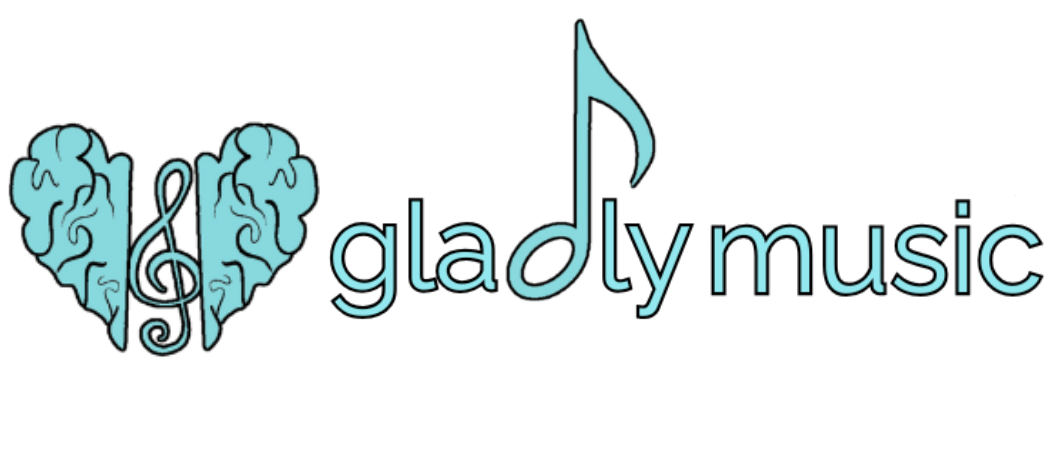Why I quit piano lessons as a kid (and what I wish had been different)
When I tell people I’m a music therapist and teacher today, they’re often surprised to hear that I actually quit piano lessons as a kid.
But it’s true. I didn’t stick with it—and I’ve spent a lot of time thinking about why.
If you’re a parent wondering why your child wants to quit piano lessons, or you’re someone who walked away from music lessons yourself, maybe my story will sound familiar.
I Wasn’t Motivated to Practice piano
Like a lot of kids, I didn’t love practicing. In fact, I pretty much dreaded it.
I wasn’t lazy—I just didn’t see the point. Practicing felt repetitive, boring, and disconnected from anything meaningful. I wasn’t playing songs I loved, and the exercises didn’t feel rewarding.
There was no intrinsic motivation—no spark. So I’d skip practice, or do the bare minimum, and then…
I Felt Shamed When I Didn’t Practice piano
…I’d show up to lessons and feel like a disappointment.
I remember the sinking feeling in my stomach when my teacher would ask, “Did you practice this week?” I’d either lie and wait to be called out, or quietly shake my head or make an excuse, and then sit through a lesson that felt more like a scolding than an encouragement.
It’s not that my teacher was mean. But the idea was clear: I wasn’t living up to expectations.
As a sensitive kid, I internalized that as shame. Instead of feeling inspired, I felt like a failure. And that only made me want to avoid the piano even more.
I Was Frustrated With Slow Progress in my piano lessons
Practicing the same piece over and over again without hearing improvement was incredibly frustrating. I wanted to be good right away. I wanted to sound like the people I heard on recordings or saw in concerts.
But without strong foundational skills—and without the motivation to practice regularly—I wasn’t progressing in a way that felt satisfying.
It felt like I was stuck in this endless loop of slow improvement, boredom, guilt, and frustration.
Undiagnosed ADHD stopped me from practicing
Looking back now, I realize there was another big piece at play: I had undiagnosed ADHD.
That meant I struggled with executive function—starting tasks, staying focused, managing time—all the things practicing an instrument requires. It also meant I craved novelty and stimulation, something traditional piano lessons didn’t always provide.
Instead of recognizing that I needed a different kind of support, structure, or teaching style, I just felt like I wasn’t cut out for music.
That couldn’t have been further from the truth.
What I Wish Had Been Different about my music lessons
I don’t blame my teacher or my parents. They were doing their best with the tools they had. But I do wish someone had asked:
“What kind of music excites you?”
“How does your brain learn best?”
“What do you need to feel successful today?”
I wish there had been room for play, creativity, and flexibility. I wish someone had noticed that the issue wasn’t me—it was the approach.
What can music teachers and parents do differently to keep a child motivated in their piano lessons?
If your child is struggling with piano lessons, or wants to quit music altogether, take a breath and get curious. Here are a few things I now recommend as a music therapist and teacher:
Shift the focus from perfection to connection. Playing music should feel good, even if it’s not flawless.
Incorporate music your child actually enjoys. Popular songs, creative improvisation, and game-based learning can go a long way.
Be compassionate about practice. Instead of punishing inconsistency, explore why practice feels hard.
Recognize neurodiversity and learning differences. Every child learns differently, that’s why cookie cutter curriculums might not always work
Celebrate small wins. Progress doesn’t have to be fast to be meaningful.
Final reflections on my childhood piano lessons
I may have quit piano lessons as a kid, but I didn’t quit music. I found my way back on my own terms—and now I help others do the same.
If your child is struggling with lessons, know this: it doesn’t mean they’re not musical. It might just mean they need a different approach—one rooted in empathy, creativity, and support.
And if you quit music as a kid and still feel that pull to return? It’s never too late to start again.
Ready for a different kind of music lesson?
If this story resonated with you—or sounds like your child’s experience—you’re not alone. At Gladly Music, we offer compassionate, creative music lessons and music therapy that meet each student where they are. Whether you’re supporting a child with ADHD, a teen who’s lost their spark, or you’re an adult returning to music, there’s space for you here.
🎶 Let’s make music lessons fun.
Contact me to explore how we can support your journey.
